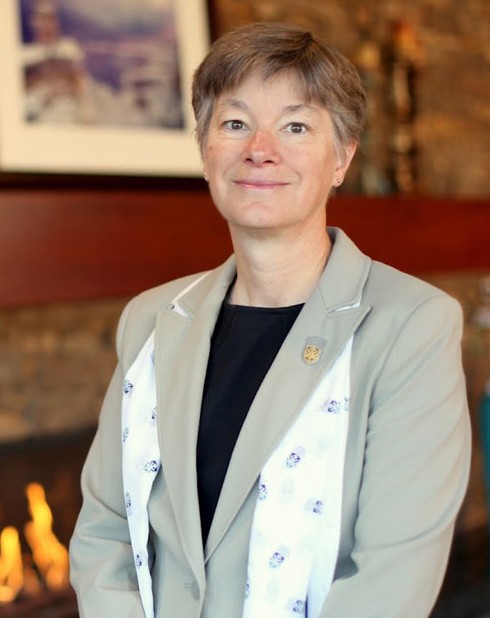by Laura Huenneke, Provost
Summer’s relative tranquility has given me the chance to read, reflect and think again about the role each of us plays in communication and outreach.
For years we’ve all heard that Northern Arizona University is “a hidden jewel” or “an undiscovered gem.” It’s great to be a jewel, but not so beneficial to be “undiscovered” when we are recruiting students, employees or donors. Thus we work hard to build more public awareness of the quality of university programs and people. Our Summer Seminar Series is a great example of putting our faculty experts in front of a local audience.
Faculty expertise naturally is an important part of public perception of a university’s quality. So opportunities for our talented faculty to be recognized and quoted in the regional or national media are welcome.
One approach is to work proactively to place outreach efforts from some of our scholars in appropriate publications or venues. Often, though, the reporters or the media come to us and seek comments from our faculty experts, either about their own work or some current news. The requests may come at inopportune moments or with very short timeframes (a New York Times reporter is working to deadlines), but they are important opportunities for building public awareness.
We’ve seen some great examples recently of NAU experts being cited, from forest health to the relative merits of wild animals versus racehorses. However, we also have some colleagues who feel uncomfortable responding to such requests, especially when given short notice. I recently ran across a great explanation of how to approach such efforts; although aimed at scientists, the suggestions would be equally helpful across any discipline: “A Guide for Scientists on Giving Comments to Journalists”
These are useful tips I will keep in mind in my own conversations with the media. I’d love to hear of the experiences you may have had and of your perceptions of this aspect of serving as a “public expert.”



